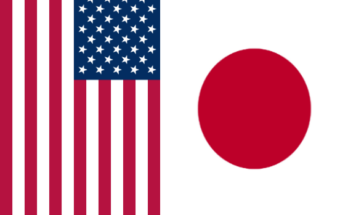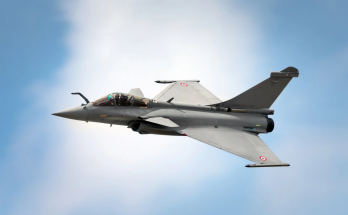The Trump administration is leveling a weighty demand at South Korea in order to exact more funding for the basing of American troops on South Korean soil. The administration is asking that Seoul ante up $1 billion this year to cover the cost of the 28,500-strong U.S. Forces Korea (USFK) contingent, consisting of troops from every service branch.
This mission has been ongoing since 1957.
The demand by Washington has come with a threat: removal of these forces if South Korea refuses to cover the higher cost burden.
For its part, the South Korean government has refused to provide more than $884 million.
For 2018, Seoul allocated $851 million in funding to the U.S. mission.
Seoul also grants the U.S. free land use for the formation of Army bases and invested $13 billion in the expansion of Camp Humphreys, the largest American military base in South Korea.
South Korea also wants any new Special Measures Agreement (SMA) to be on a five-year basis similar to the previous one rather than a one-year deal that would immediately be up for renegotiation next year.
The Trump administration has sought to untie the long-standing knot of tense relations between the two Koreas, U.S. concerns over North Korea’s missile and nuclear weapons development plans, and the unpredictability of North Korean leader Kim Jong-un. But these efforts by the White House have included voicing a desire to remove troops from South Korea, an issue unrelated to denuclearization of the Korean Peninsula.
Further, by tying the cost-sharing burden to the issue of “fairness” between allies and stating that his administration plans to end their costly joint military exercises, President Trump has – whether intentionally or not – painted South Korea as a burdensome strategic partner.
This plays into North Korea’s hands by appearing to weaken the U.S.-South Korea alliance. With a second summit between the U.S. and North Korean leaders approaching in February, the idea of sidelining Seoul and carving out some form of agreement with Washington that would redound to his benefit has to be appealing to Kim Jong-un.
Both North and South Korea have been technically at war since the end of the 1950-53 conflict, with each side claiming sovereignty over the whole of the Korean Peninsula. The 160-mile-long, 4-kilometer-wide demilitarized buffer zone (DMZ) border between North and South Korea is the most heavily militarized in the world.
Despite the 2018 Panmunjom Declaration of Peace, Prosperity and Unification of the Korean Peninsula by both Kim Jong-un and South Korean President Moon Jae-in on April 27, 2018, and a year of intense diplomacy involving the two Koreas and the U.S., the North Korean leader continues to show little inclination to disband his nuclear program.
Dan Darling is Forecast International’s director of military and defense markets. In this role, Dan oversees a team of analysts tasked with covering everything from budgeting to weapons systems to defense electronics and military aerospace. Additionally, for over 17 years Dan has, at various times, authored the International Military Markets reports for Europe, Eurasia, the Middle East and the Asia-Pacific region.
Dan's work has been cited in Defense News, Real Clear Defense, Asian Military Review, Al Jazeera, and Financial Express, among others, and he has also contributed commentary to The Diplomat, The National Interest and World Politics Review. He has been quoted in Arabian Business, the Financial Times, Flight International, The New York Times, Bloomberg and National Defense Magazine.
In addition, Dan has made guest appearances on the online radio show Midrats and on The Media Line, as well as The Red Line Podcast, plus media appearances on France 24 and World Is One News (WION).




